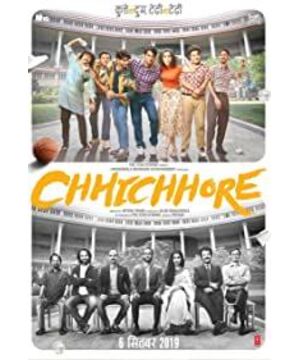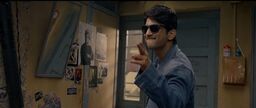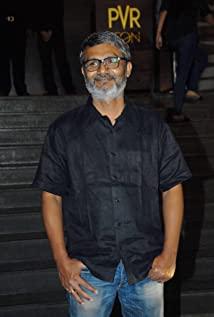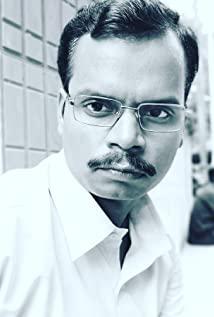The recovery of the son's life and the recollection of the father's memories in the film constitute two aspects of the story, and the common end point of the two aspects in terms of value is to trigger a reassessment of the meaning of life by the young people and test takers.
The creator laid out the background of the story with cruel incidents such as the failure of the juvenile examination and suicide, and shattered the dream of Jackie Chan, the hopeful son of an exquisite middle-class Indian family, in a high-end community. However, it fills the entire film with all kinds of cumbersome sensationalism, plots lacking internal mechanism and rigid narrative routines.
The dense kitsch is suffocating.
The director is fascinated by the power of the story (or, more precisely, the narrative technique)—as if the story is life. But he couldn't find the high ground of value behind the story. A series of realistic and acute issues that should have been discussed seriously, were run on by all kinds of naive romances, and even the sense of crisis of life and death became narrative. The modification, and the result of the run, the "initial dream", is neither a dream that awakens the "meaning of life", nor is it a grim reflection of reality. "The process is greater than the result" has become a hasty answer that has never escaped the institutional framework, and the arrogant "prosperity despite defeat" in the memories of the parents is not so much a wake-up of the youth's life, but rather a wake up Although the questions are endless, it is the body of the test-taking and playing tricks.
In the plot, it is full of excessive stacking of typographical techniques, the expression is not restrained, the characters are flat, and there is basically no thinking about audio-visual language, and the overall level of advertising films.
View more about Chhichhore reviews











